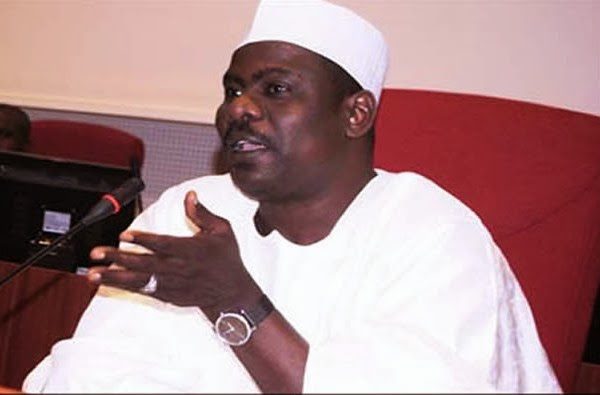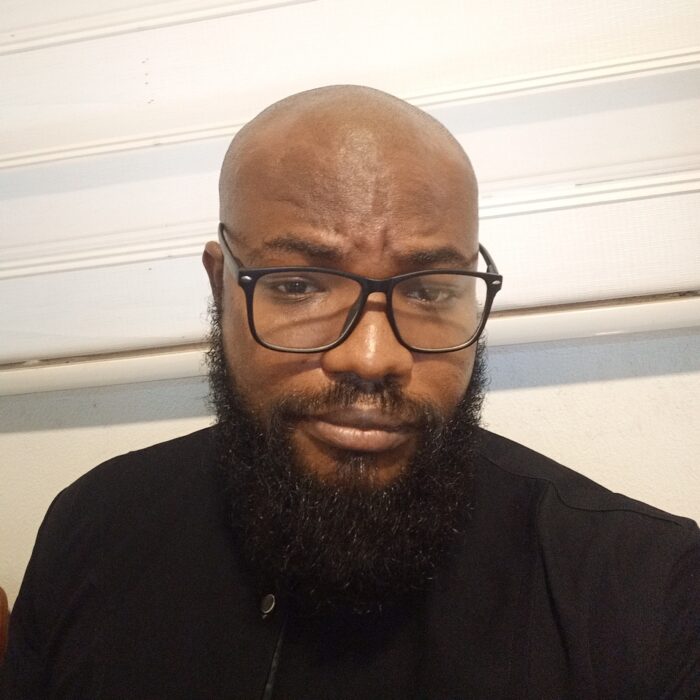Political Issues
President Buhari’s Next Level Of Slow and “Slowbalisation”? -By Bámidélé Adémólá-Olátéjú

More than a month into President Buhari’s second term, the “Next Level” he promised Nigerians is shaping up to be the Next Level of Slow. If his more-of-the-same first appointments are anything to go by, we are primed for retardation at best, or retrogression at worst. With mounting insecurity, the possibility of disintegration is even more real than before, as they mollycoddle mediocrity and champion preferential separatism and ethnic chauvinism.
Even to the optimist, Nigeria’s situation is dire. The federal government does not have any form of coherent social and economic agenda and definitely no legislative agenda. The presidency is invested in te politics of blame, instead of diving into the problems at the deep end. As a country, we are sleepwalking into a nightmare, as Buhari’s cabal are only making it up, as each day requires. Like it was for Charles de Gaulle and Eisenhower, the expectations in voting for Buhari was, in Gaullist phrase, to “rally the republic”. “President” Abba Kyari, Mamman Daura, Babagana Kingibe, Isa Funtua and the rest do not accept a republic, they hanker for a mythical age centered around a mythical caliphate.
President Buhari’s trusted hands are not in tune with the needs and prerequisites of hypermodernity and aligning with the Fourth Industrial Revolution. Abba Kyari is not bothered that he cannot go back to his own local government without facing the wrath of his people. He is not worried about how the North underperforms and lowers the indices for achieving the Sustainable Development Goals (SDGs). To them, it is all about self and power for its own sake, instead of power for the greater good. Unfortunately for Nigeria, an increasingly enfeebled Buhari has ceded command to a “committee of public safety”. For four years running, the country has continued to lower its bar to appease these forces.
What does the reappointment of Kyari and company portend for the next level? What does their reappointment signal for issues and policy? The answers can be found in the visioning and solution providing capacity of Buhari’s éminence grise and other unelected influence peddlers he has surrounded himself with. The presidency has become one huge feudal court, made up of supplicants and applicants. The feudalism is so brazen as to make a reference to Nigeria as a republic, an unbearable insult.
Well, the world will not wait. In January 2019, The
As we await the president’s choice of ministers, we must not forget that Ghana and many other countries will outperform us on trade. Lack of reliable electricity has made Nigeria an expensive place to locate physical production of goods. Unfortunately, the right investment in people, processes and values have not been made to position Nigeria as an attractive hub for flights, transiting, bulk-breaking and trans-shipping products from large manufacturers in other locations to regional markets. The Economist predicted developing countries will struggle to get rich through trade.
Welcome to the Next Level of Slow! We have a president whose understanding and acceptance of what constitutes a modern society is the pre-Sokoto Jihad. He just doesn’t get it!
Bámidélé Adémólá-Olátéjú a farmer, youth advocate and political analyst writes this weekly column, “Bamidele Upfront” for PREMIUM TIMES. Follow me on Twitter @olufunmilayo




















